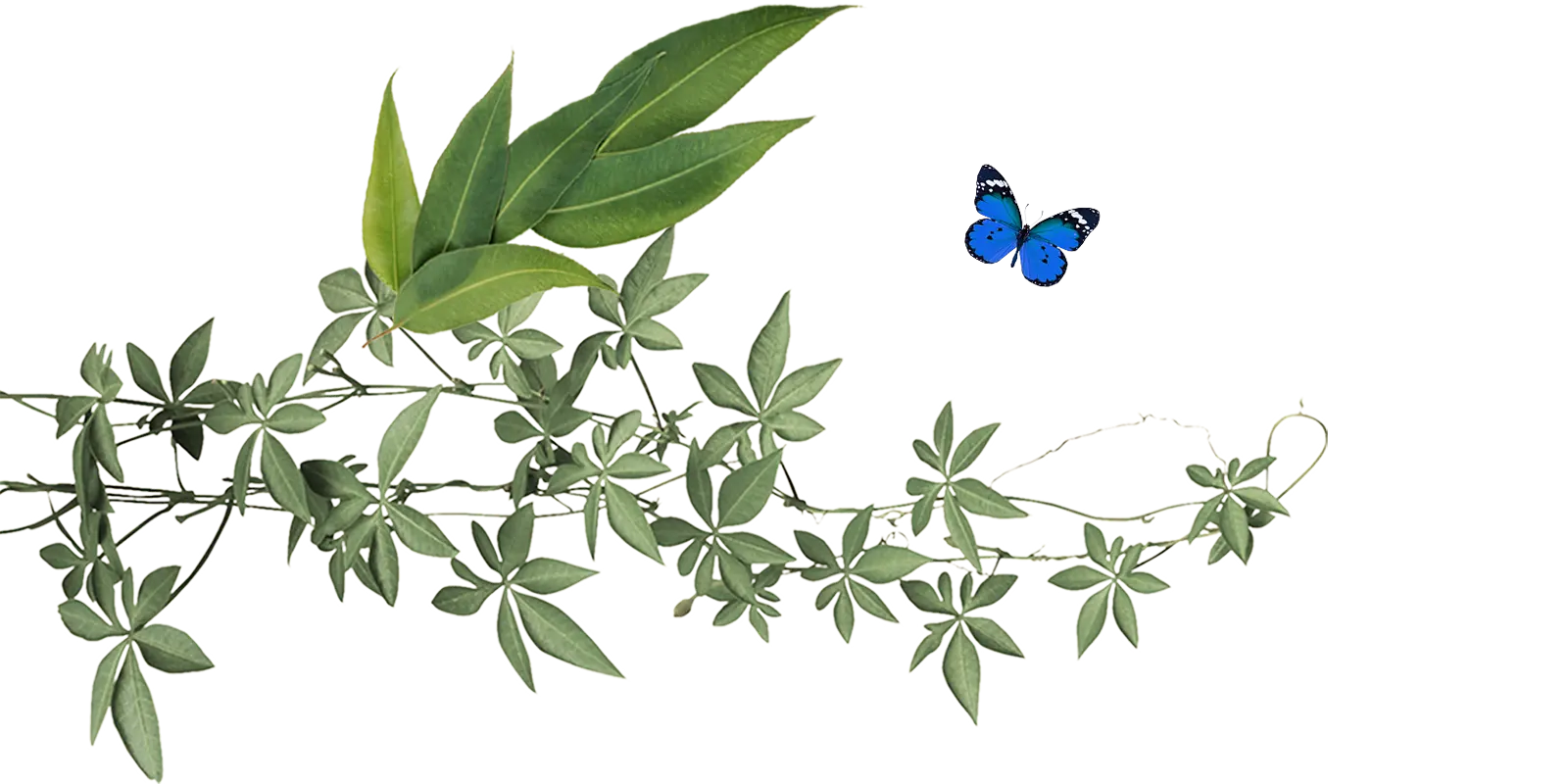Research shows that sustainable Indigenous cultures measured their success by the health of the living world around them. What if our nightly news reports contained updates on soil health, on river cleanliness, or deforestation rates in our region? This would quickly make the invisible, visible, and shift the definitions of our success.
Why do we need to change what we measure and incentivise?
Our current global measurement for progress is GDP (Gross Domestic Product), which measures the value of goods and services within the economy. When the economy is doing well, GDP increases, and when it is struggling, GDP flatlines or even falls. It has been argued for a long time that GDP is far too narrow a measurement for our increasingly complex system. GDP growth (economic growth) often comes at a considerable cost to the environment and people’s wellbeing.
GDP does not measure the damage to soils, wildlife, waterways, human health, or the climate to produce our goods and services and so these factors remain blind to the majority of the population. In fact, there have been numerous environmental disasters that have seen an increase in GDP because labour and resources were required to clean it up. In other words, these disasters have been good for economic growth.
How are others approaching this?
There are many ways that people around the world are attempting to change what we measure and incentivise. Below is a small sample. If you have any further examples that you think should be on this list, please get in touch.
Measuring our success
Many alternatives to GDP have been proposed including a GPI. The Genuine Progress Indicator is quite revealing when held up alongside the GDP metric over the past 20 years. The GPI highlights the environmental destruction and rise in income and wealth inequality that has been created by that growth. Another proposed measurement is Donut Economics which assesses societal progress by how it is adhering to its social and ecological boundaries. A society is thriving when it is ‘in the safe space’ of the donut but starts to break down when the boundaries of the donut are breached.
Ecological Law
Ecological Law and Rights of Nature has taken off around the world in the last decade. There are now over 400 active cases underway. Rights of Nature grants legal personhood to ecosystems, with famous cases including the Whanganui River in NZ and the country of Ecuador. Many argue that we grant legal personhood and rights to corporations, isn’t it time to also grant them to the natural systems we depend on for survival? We may be hearing a lot more about ‘Ecocide’ in the future.
Some of these solutions are featured in our short film - Regenerate Australia. Find out where you can see the film.
Regenerative actions you can implement
We believe every one of us has a role to play in Regeneration. If you are interested in helping, here are some actions that you could implement into your life.




